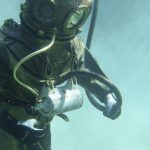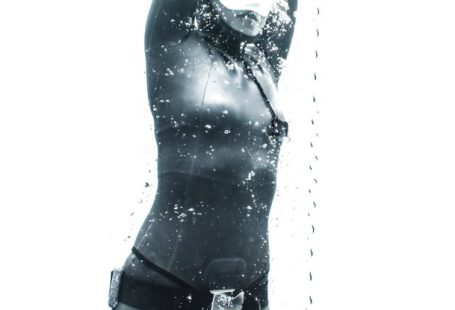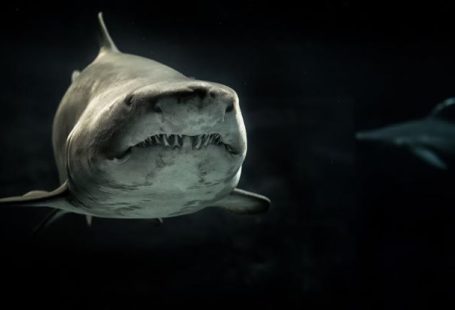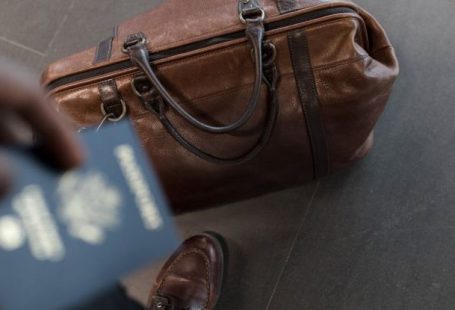Plastic pollution is a pressing issue that continues to plague our oceans, threatening marine life and ecosystems. As divers, we have a unique perspective and opportunity to play a significant role in reducing plastic pollution. By being mindful of our actions both in and out of the water, we can contribute to the preservation of our underwater world. Let’s explore how divers can make a difference in combating plastic pollution.
### Understanding the Impact
Diving allows us to witness firsthand the devastating effects of plastic pollution on marine environments. From encountering plastic bags drifting in the current to spotting plastic debris entangled around corals, the impact is undeniable. Marine animals often mistake plastic for food, leading to ingestion and entanglement, which can have fatal consequences. Understanding the gravity of the situation is essential in motivating us to take action.
### Responsible Waste Management
One of the simplest yet most effective ways divers can combat plastic pollution is by practicing responsible waste management. This includes properly disposing of any trash we generate during dives, as well as participating in underwater clean-up activities. By removing plastic waste from the ocean, we not only help protect marine life but also prevent further degradation of underwater habitats.
### Choosing Sustainable Dive Practices
In addition to managing waste responsibly, divers can make a difference by opting for sustainable dive practices. This includes using eco-friendly dive gear made from recycled materials, supporting dive operators that are committed to environmental conservation, and avoiding single-use plastics both on and off the boat. Small changes in our diving habits can have a significant positive impact on reducing plastic pollution.
### Educating Others
As advocates for the ocean, divers have a powerful voice in raising awareness about the consequences of plastic pollution. By sharing our experiences and knowledge with others, we can inspire action and encourage more people to join the fight against plastic waste. Whether through social media, community events, or simply leading by example, educating others is a crucial step in creating a more sustainable future for our oceans.
### Supporting Conservation Initiatives
Many organizations and initiatives are dedicated to combating plastic pollution and protecting marine ecosystems. Divers can contribute to these efforts by supporting conservation projects, volunteering for clean-up activities, or donating to causes aimed at reducing plastic waste. By actively engaging with these initiatives, we can amplify our impact and work towards a cleaner, healthier ocean for all.
### Empowering Change Through Advocacy
In addition to individual actions, divers can also drive change through advocacy and policy engagement. By speaking up for stronger regulations on plastic use and disposal, we can help create a more sustainable environment for marine life. Writing to policymakers, participating in campaigns, and supporting legislation that promotes plastic-free oceans are all ways divers can advocate for a cleaner, healthier future.
### Embracing a Plastic-Free Lifestyle
Reducing plastic pollution goes beyond our actions as divers; it extends to our everyday choices and habits. By adopting a plastic-free lifestyle and minimizing our use of single-use plastics, we can significantly reduce our environmental footprint. From using reusable water bottles and shopping bags to choosing products with minimal packaging, every decision we make can contribute to a cleaner, plastic-free world.
### Taking Action for a Sustainable Future
As divers, we have a responsibility to protect the underwater world we love and cherish. By understanding the impact of plastic pollution, practicing responsible waste management, supporting conservation initiatives, and advocating for change, we can make a tangible difference in reducing plastic waste. Let’s continue to dive with a purpose, actively working towards a sustainable future where plastic pollution is no longer a threat to our oceans. Together, we can make a difference.





